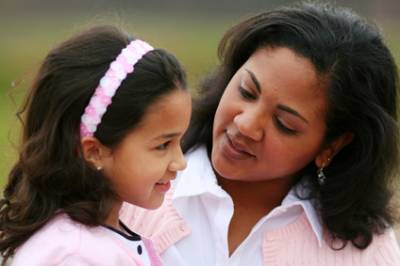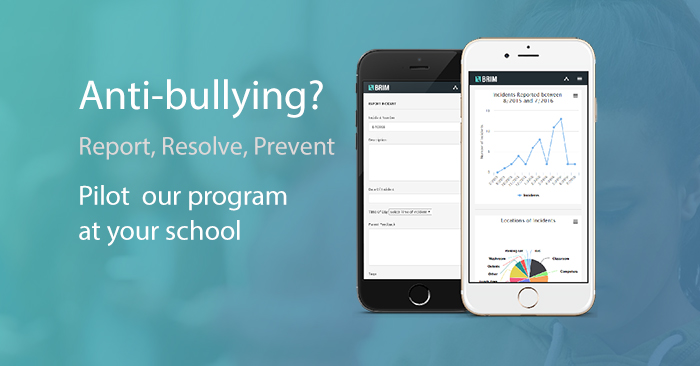Are you a parent that’s just found out from your child (or your child’s school) that they’re being bullied?
The folks over at the UK Anti-Bullying Alliance have put out these five steps for parents just like you:
- Understand your role: As the parent, your task is to listen, remain calm and reassure your child that things will get better once action is taken. Helping your child through bullying is an ongoing process, and so it’s important that the lines of communication between you and your child remain open. Being a calm, safe place where your child can talk will help to ensure that happens.
- Listen attentively: The fear and shame attached to being bullied means that children are often hesitant to talk to others about the situation. Find out more from your children by being a good listener and asking questions. What has happened? How are they feeling? When and where did it happen? Reassure your child that coming to you was the right thing to do and encourage them to talk.
- Let them know the bullying isn’t their fault and that you’ll work through this together: Your child isn’t alone. They have the support of family and friends and everyone that loves them. Make sure they’re aware of that. Depending on how long the bullying has been going on for, the child may be coming from a very lonely place.
- What does the child want to happen next? Work out with your child what they want to happen next. Help them see what choices are out there and what next steps they could take.
- Talk to your child’s school: Depending on where you live, your state or province may have laws in place requiring the school to take action and have specific policies in place for just this situation. Report the incident to your school and find out what their next steps will be to address the situation. As the parent, you’re your child’s best advocate. Stay on top of the issue with both your child and their school.
An Important Note on Mental Health Services for Children
Depending on how long the bullying has been going on for the damage might already be done, and it might make sense to enlist outside help for you and your child. If your child has become withdrawn or you’re noticing other changes, consider counseling and mental health services to help your child move on. Your child won’t ask for this, but they may need it.
For more information on what to do if you’ve discovered your child is being bullied visit www.anti-bullyingalliance.org.uk



